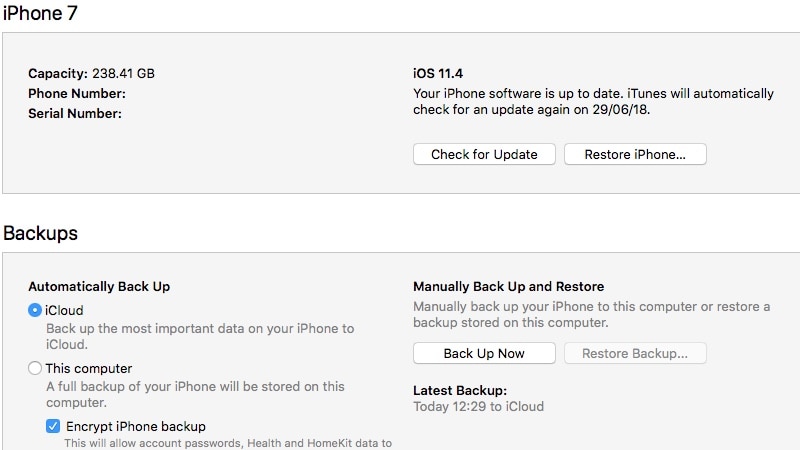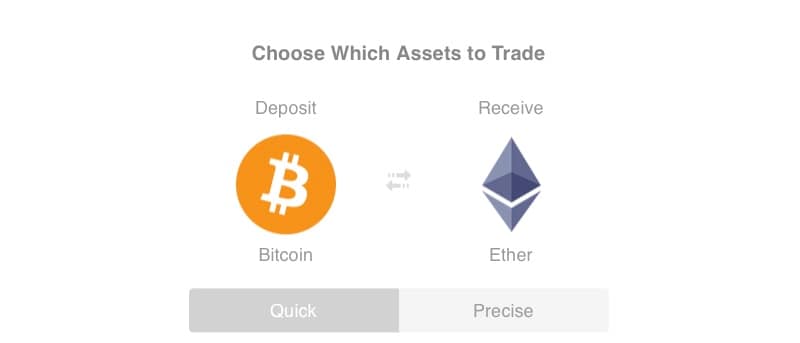According to Swiss law, nonresidents of Switzerland who would like to
open a Swiss bank account must be at least 18 years old. Other than
that, there aren't a lot of restrictions. Your account can be in almost
any currency, although most choose the Swiss franc, U.S. dollar,
Euro
or Sterling, and there is often no minimum balance required to open an
account. Once you've started making deposits, however, there is a
minimum balance you have to maintain that varies from bank to bank and
by type of account.
Choosing a bank and an account
The Swiss bank you choose to deal with depends on what types of
investments you want to make and the type of account you want have. One
thing to keep in mind is unless you don't care about the privacy aspect
of a Swiss bank account, you shouldn't choose a bank that has a branch
in your country. Bank branches have to follow the laws in the countries
in which they're located -- not where the corporate bank office is
located. For example, a Swiss bank branch in the United States has no
greater privacy capabilities than a regular U.S.
The type of account you open depends on the number of investments you
want to have access to and the amount of money you want to maintain in
the account. The more extensive the investment services and options are,
the higher the required balance for the account. You can also have
access to a safe deposit box at a Swiss bank.
Earning interest
If you maintain your account in Swiss Francs you will earn a
small amount of interest, but will then have to pay the Swiss
withholding tax. For this reason, most account holders that don't live
in Switzerland have their Swiss bank account in some other currency such
as U.S. Dollar, British Pound or Euro. When you do this, your money can
be put into a money market fund and will earn interest there.
Opening an account
While it's usually better to open your account in person, there
are many Swiss banks that will allow you to open an account by mail or
fax. There are also many firms that exist to assist people in setting up
offshore accounts.
Because Swiss anti-money-laundering law requires you prove where
your money is coming from, many certified documents are required in
order to open an account. These include authenticated copies of your
passport; documents explaining what you do for a living such as tax
returns, company documents, professional licenses, etc.; proof of where
the money you are depositing is coming from such as a contract from the
sale of a business or house; and all of the typical personal information
about yourself such as your birth date, a utility bill to prove your
residence, all contact information, and, of course, your name. They'll
also want to know what you want to do with the money once you have the
account.
If you're opening your account by mail, you'll need to have the
bank applications sent to you to complete and sign along with the rest
of the documents mentioned above.
One difference between opening an account in person and doing it by mail is the requirement of an
apostille on the authenticated copy of your passport (and no, a driver's license won't be accepted as proof of your identity).
An apostille is a seal used to certify that an official document
is an authentic copy. In most countries, you can get it from a notary
public but sometimes notaries aren't familiar with them. If this happens
you must either find another notary who is, or find out what other
authority in your country can issue apostilles. Any country that
participated in the Hague Convention designates an authority that can
issue apostilles (e.g., in the United States, the office of the state's
secretary is authorized to do this). The most important thing is to
always make sure the seal says APOSTILLES.
Opening a numbered account
Numbered accounts are usually not as easy to open. They
typically require that you physically go to the bank in Switzerland.
They also typically require an initial deposit of at least $100,000 and
cost about $300 per year or more to maintain. And remember, they're
still not anonymous since there has to be a connection at some level
between who you actually are and your account.
Minimum deposits/balances and fees
Minimum balances vary greatly by type of account (i.e., a few
thousand dollars to one million dollars or more). And, banks charge
differing fees based on the types of transactions and the account type
you have. For example, on a basic account, international bank transfers
(outgoing) might cost $3 or $4 each. They may also charge $5 to $10 when
you deposit international checks to your account. Annual account
maintenance costs are charged based on the number of entries in your
account statement and are sometimes in the neighborhood of 0.5 Swiss
Francs (i.e., $0.41) per entry.
Accessing Your Money
- Credit card: Most Swiss banks will issue a credit card with your account that you can use to make purchases, as well as withdrawals at ATMs
around the world. Cash advances, however, will charge a fee (usually
2.5 percent). Use of a credit card can also be traced back to your Swiss
bank revealing the fact that you have the account. These credit cards
are issued differently from typical credit cards, however. Rather than
pulling a credit report and actually issuing true credit, Swiss banks
require that you make a security deposit that is 1 to 2 times your
monthly credit limit depending on the type of account you have. The
security deposit itself is held in a separate account and invested.
- Cash withdrawals: If you're in Switzerland you can walk into your bank and make a direct cash withdrawal, leaving no record of the access.
- Travelers' checks:
Buying travelers' checks is one way of using the money from your Swiss
account and maintaining your secrecy. They're easy to use and widely
accepted, but you will have to pay a 1 percent commission on the amount
of the check.
- Bank transfers: A simple way to use the money in
your Swiss bank account is to request a bank transfer. But, again,
you're essentially revealing the existence of your account, as well as
your account number. To prevent revealing your account number and name,
most Swiss banks will send money from your account in the bank's name
without releasing your identity, but sometimes those types of transfers
aren't accepted outside of Switzerland.
- Checks:
Swiss bank accounts do offer checking (except on numbered accounts).
However, if you're after privacy, you're leaving a trail of breadcrumbs
directly back to you. You lose the confidentiality most people want with
a Swiss account and, therefore, checks are rarely used with these
accounts.
Closing your account
You can close your Swiss bank account at any time with no
restrictions or cost. You can get your money immediately and invested
money as soon as it is liquidated.
















